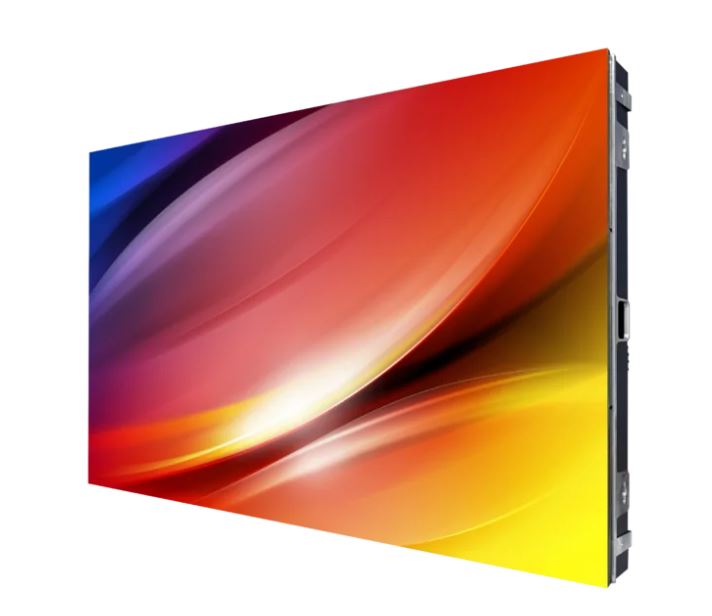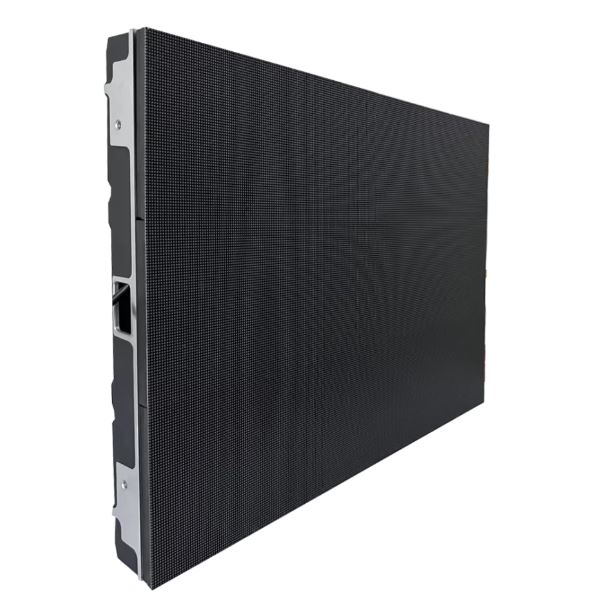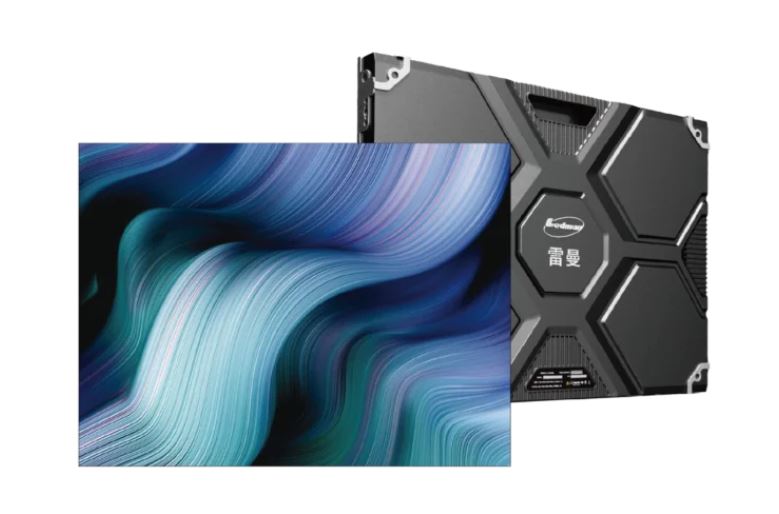Studies show that the human brain processes visual information around 60,000 times faster than text.[1] Visual display technologies are devices used to present this information to the user. From gaming and design to entertainment and business processing, display technologies have quickly grown to become essentials of our daily lives.
Today’s most widely used displays include the HD LED display and the LCD display. Which is better? How do they differ? Read on to find out.

HD LED Displays vs. LCD Displays
LEDs and LCDs differ in a variety of ways:
1. Display Quality
An HD LED display has a much better display quality than an LCD. Where LCDs use cold cathode fluorescent lamps (CCFLs) to create displays, LEDs use organic light-emitting diodes (OLEDs).
The OLEDs used in LEDs have self-emissive pixels that individually emit light and have better control over brightness and contrast. On the other hand, LCDs use CCFLs as a backlight to produce images, which, due to their consistent lighting, do not offer dimming or contrast in display.
2. Energy Efficiency
An HD LED display is also much more energy efficient than an LCD display. Light-emitting diodes used in LEDs consume less power. This is because LED technology only lights up parts of the screen that need to be lit. On the flip side, the CCFLs used in older LCD models consume much more energy than modern LEDs.
3. Lifespan and Durability
The average life expectancy for an HD LED display can be around 60,000 to 100,000 hours, depending on how often you use it. LEDs are thinner and lighter in their material design but are much more durable than LCDs and thus a bit expensive. On the other hand, LCDs tend to have a comparatively shorter lifespan, measuring between 30,000 to 60,000 hours on average. Therefore, LCDs are also generally cheaper.

Suitability for Different Applications
Considering the comparison we have drawn up, you will spot some pros and cons of both visual displays. However, LED displays tend to fare better in several aspects, making them the preferred choice. Here are some of the many applications you will spot for these displays and which is more suitable for each.
A. Entertainment and Gaming
When it comes to entertainment, like sports events, the HD LED display tends to be favored over the LCD. The thin size of LED displays, their energy efficiency, and their beautiful display quality make them perfect for these applications. LEDs also provide brighter colors in their display, elevating the viewing experience.
B. Business and Productivity
If you want to purchase a commercial display for offices/business, you may find an HD LED display more suitable. It offers a much longer lifespan, a portable design, faster response time, and is even environmentally friendly. Although they are priced higher than conventional LCDs, the ROI gained from these is impressive.
C. Education and Training
Visual displays are a large part of modern education and training. Students and trainees love the added visual displays that help digest information much easier. Once again, LED displays are the clear winner thanks to their excellent picture quality, lower power consumption, and longer lifespan.
D. Hospitality and Events
When it comes to displays used in the hospitality industry or during events, you will most likely need a display that shows clear and bright imagery, even in places with bright lighting. LED displays are the best choice since they show clear, bright images even when placed in direct sunlight.
E. Transportation Hubs
When choosing displays for transportation hubs, you will want bright displays that are clearly visible to the passengers at all times. LED displays offer this enhanced visibility and can, therefore, ensure passenger safety on public transit vehicles.
Ledman’s HD LEDs: The KCⅡ Series
Ledman’s high resolution LED display solutions are some of the most popular LEDs in use today. The company has developed high-performance LEDs that deliver bright, colorful imagery regardless of where they are deployed. Ledman’s KCⅡ Series is no exception.
The KCII Series displays come with a stunning 3840 Hz refresh rate that keeps your picture looking rich and crisp at all times. Its die-cast aluminum modular units provide durability, combined with its anti-knock safety buckle at the bottom, ensuring your LED remains supported. The die-cast aluminum cabinet further allows for natural and quick heat dissipation when in use.

Applications of the KCⅡ Series
Thanks to its durable design, crisp colors, and richer contrast, the KCII Series is perfect for use in various indoor scenarios.
Use them for indoor LED displays to advertise your brand campaigns
Use it in broadcast television networks
Use them as background displays for your events
Use them to display vibrant imagery in your exhibitions
As a professional LED displays solution provider, Ledman has numerous successful cases of our indoor and outdoor HD LED displays. For example, we have the P10 series for Mexico’s highway advertisement, and for a commercial advertisement Autohome in Iran.

Alt: Ledman LED Displays for Highway Advertisement in Mexico

Alt: Ledman LED Displays for Autohome in Iran
Final Thoughts
Modern HD LED displays are by far the most popular displays in use today, becoming a standard in all types of industries. They are super-efficient, lighter, durable, and deliver crisp imagery like none other. LCDs are not out of fashion yet, but they do not perform as well, making LEDs the superior choice! Contact Ledman now to learn more about high-end HD LED display solutions.
References
[1] Using Images Effectively in Media. Available at: https://oit.williams.edu/files/2010/02/using-images-effectively.pdf(Accessed 21st December 2023)
TrendForce 2024 Global LED Video Wall Market Outlook and Price Cost Analysis
Release Date: 28 September 2023
Language: Traditional Chinese / English
Format: PDF
Page: 273
|
If you would like to know more details , please contact:
|











